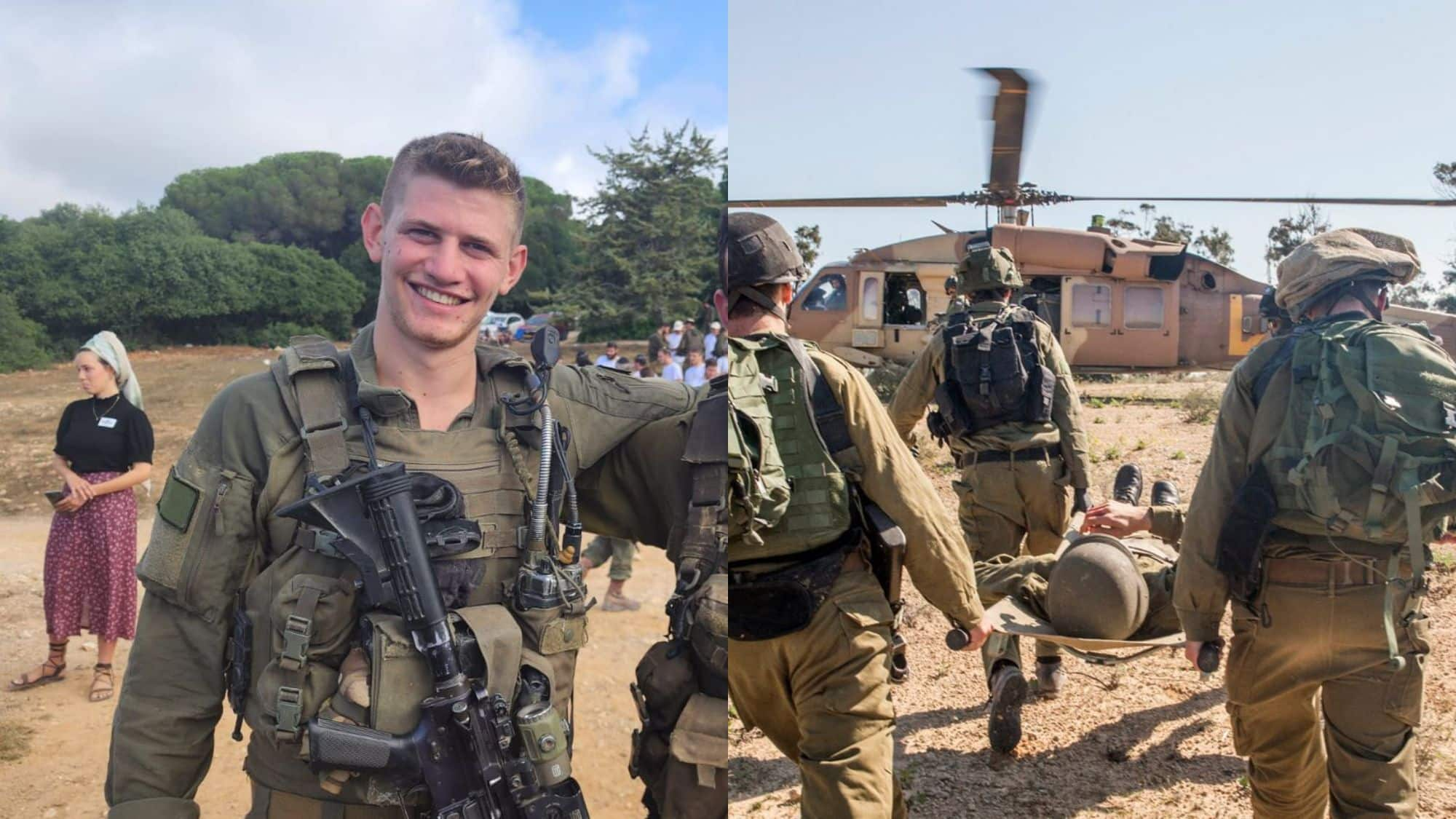First Israeli Soldier Killed in Ongoing Lebanon Conflict
The Israeli military has confirmed the death of a soldier during its ongoing ground campaign in Lebanon against Hezbollah, marking the first casualty for Israeli troops since the offensive began. This tragic event underscores the increasing military tensions in the region, which have sparked fears of a larger conflict involving multiple nations.
Details of the Incident
The fallen soldier was identified as Captain Eitan Itzhak Oster, a 22-year-old team commander in the elite Agoz commando unit, hailing from Modi’in. He was killed during intense fighting with Hezbollah operatives in a village located in southern Lebanon. The Israeli army stated that its ground forces, supported by air strikes, engaged in direct confrontations with Hezbollah militants, although specifics regarding the exact locations of these clashes were not disclosed.
Regional Implications and Reactions
The situation is becoming increasingly volatile, as both Israel and Hezbollah ramp up their military operations. Hezbollah, considered the most powerful armed group in the region, confirmed clashes with Israeli troops at two separate locations along the Lebanon-Israel border. This escalation occurs amid a broader backdrop of Iranian support for both Hezbollah and Hamas, heightening the risk of a wider regional war that could draw in the United States, which has recently dispatched military resources to support Israel.
Captain Oster’s Legacy
“The soldier has been named as Captain Eitan Itzhak Oster… Oster was killed during fighting with Hezbollah activists in a village in southern Lebanon,” reported a Times of Israel journalist.
Just before the start of the ground offensive, Captain Oster recorded a message for his family, friends, and his nation, which has been shared widely as a tribute to his bravery and service. His untimely death highlights the personal sacrifices made by frontline soldiers in this ongoing conflict.
The Bigger Picture
As hostilities continue to escalate, there is growing concern over the potential for wider military engagements in West Asia. Iran’s ballistic missile strikes against Israel further complicate the situation, placing both regional and global stability at risk. International observers are closely monitoring developments, as the situation remains fluid and volatile.
Conclusion
The death of Captain Eitan Itzhak Oster serves as a stark reminder of the human cost of conflict. As Israel’s operations against Hezbollah intensify, it is crucial to remain informed about these developments and their implications not only for the region but for international peace and security as well.












